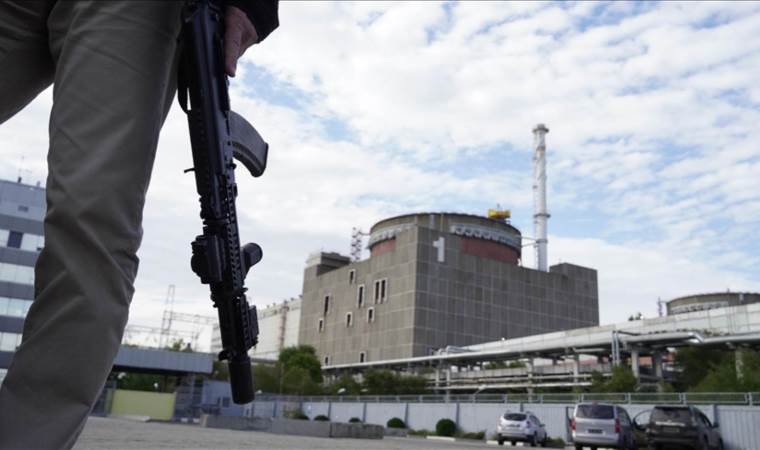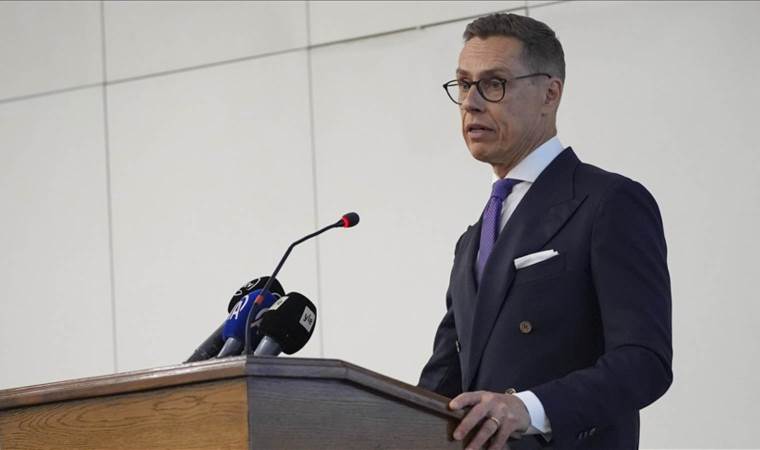Authors Columns of the Day Sport Guest Life All Authors
Invasion and Integration of Foreigners
Therefore, I frequently traveled to Germany and Belgium to observe and understand the situation there. Between 2000 and 2003, Osman Korutürk was our ambassador in Berlin, and he was very helpful to me. He provided me with information and documents on topics I was interested in. The incident I will describe occurred during Korutürk’s tenure, specifically between 2000 and 2003.
During those years, I attended a special meeting in Bonn, North Rhine-Westphalia, Germany, hosted by the state’s education minister. The minister, a woman, seemed to blame the failure of integrating foreign workers entirely on the workers themselves. After her speech, I addressed the issue using Turkish workers as an example: German employers conducted rigorous health screenings before hiring workers, who were then sent off ceremoniously from Sirkeci Station. Upon arrival in Germany, they were crammed into barrack-like "heims," leading lives reminiscent of prisoner camps.
I told the minister that the most crucial element of integration is language. However, they had not taught their language to foreign workers, who had to learn rudimentary German on their own. Most communication was through letters, making it difficult for them to learn the language easily. Now, it’s too late, as there are televisions and cell phones. Grandchildren call their grandmothers to ask how to make stuffed meatballs.
I brought this up to highlight the issue of foreigners (without any specific designation) that has plagued our country. Of the over 6.5 million Turkish citizens living abroad, about 5.5 million have settled in Western European countries. This means that nearly 7 million Turks have settled abroad between 1960 and 2024, a span of 64 years.
However, according to data from the Ministry of Interior’s Directorate General of Migration Management, as of May 9, 2024, the number of registered Syrians under temporary protection in Turkey decreased by 4,894 from the previous month, totaling 3,115,536 people.
These are the registered Syrians. But what about those who are unregistered?
On April 29, 2011, a group of Syrians moving towards Yayladağı district in Hatay marked the first mass population movement from Syria to Turkey.
According to claims by Zafer Party leader Ümit Özdağ, as of July 2022, the total number of Syrians in Turkey, including unregistered ones, was 5.3 million, with 1,476,368 having acquired Turkish citizenship. Why? On November 9, 2023, the interior minister announced that the number of regular migrants was 4,643,986. Over the last 20 years, Turkey has become like Nasreddin Hodja’s tomb; so what about irregular migrants? Perhaps the number of illegal guests is as high as the legal ones! Did those granted citizenship pass a Turkish language test? I doubt it! If the situation is as such, we are in deep trouble! Considering the fertility rate of Syrian men and the birth rate of Syrian women, we are in an even worse position. You can't sterilize anyone!
The situation is dire! Immediate action is needed! The first step should be closing the Arabic-language schools opened by Syrians, in accordance with the Law on the Unification of Education, and ensuring the language of instruction is Turkish. How will this be achieved? There is no other solution but to close Arabic schools. If not closed, our Kurdish-origin citizens would rightfully demand schools where Kurdish is the language of instruction. According to the Constitution and laws, education in Turkey, except in schools with special conditions, is conducted in Turkish. Arabic cannot be granted special status.
No language is sacred. On this topic, I will quote from one of my older writings:
"Right after the September 12 coup, we were students in the Arabic Language and Literature Department at the Ankara Univeristy Faculty of Language, History, and Geography... One day after class, when I went to the restroom, I saw some freshmen enthusiastically repeating what they had learned while urinating. An upperclassman entered and scolded them harshly: 'Aren’t you ashamed to speak Arabic while peeing?'
We also had friends from imam hatip schools who couldn’t tolerate students sitting on their books while waiting in the corridors and would say that one shouldn’t sit on Arabic books. They heavily influenced many students there..."
I asked Arabs about this: Besides talking in the restroom, they also sing and whistle; they sit on all books except the Quran.
Yazarın Son Yazıları All Columns
Günün Köşe Yazıları
Most Read News
-
 US Army says 3 soldiers found dead in Lithuania after ve
US Army says 3 soldiers found dead in Lithuania after ve
-
 French presidential front-runner Le Pen vows to challeng
French presidential front-runner Le Pen vows to challeng
-
 China discovers 100-million-ton crude oil reserve in Sou
China discovers 100-million-ton crude oil reserve in Sou
-
 Germany’s Baerbock announces $12B military aid package f
Germany’s Baerbock announces $12B military aid package f
-
 Russia, Ukraine trade accusations over renewed strikes o
Russia, Ukraine trade accusations over renewed strikes o
-
 Khamenei warns of ‘firm retaliation’ to any ‘external ag
Khamenei warns of ‘firm retaliation’ to any ‘external ag
-
 Finland plans to quit landmine treaty: President
Finland plans to quit landmine treaty: President
-
 Ukraine says it carried out 1st round of consultations w
Ukraine says it carried out 1st round of consultations w
-
 Death toll from Myanmar earthquake surpasses 2,700
Death toll from Myanmar earthquake surpasses 2,700
-
 Gaza death toll nears 50,400 as Israeli army kills 42 mo
Gaza death toll nears 50,400 as Israeli army kills 42 mo











